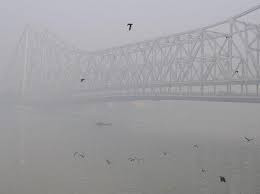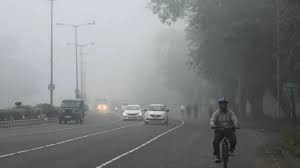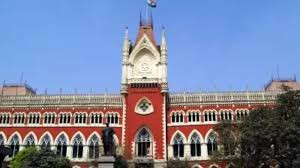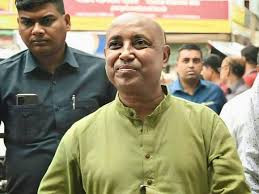Supreme Court Post the Notice Issued to Kerala and West Bengal Governors, Centre Over Delayed in Clearing Bills
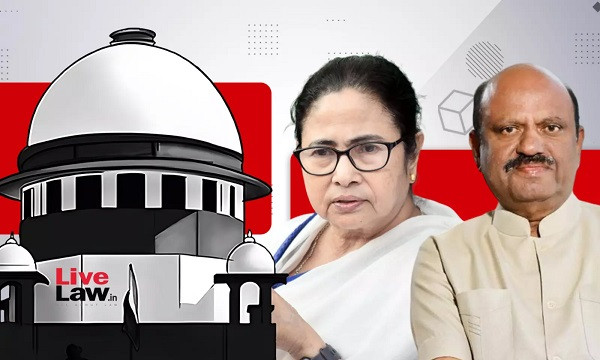
IIE Digital Desks: The Supreme Court order and put the notice that issued to the Governors of Kerala and West Bengal, as well as the Central Government, that the concerned of delays in the approval of legislative bills.
DY Chandrachud is the bench of Chief Justice of India and Justices of JB Paridwala and Manoj Mishra today it has been sought the responsed to the respective Governor Officers as well as in the Central Government. "Let reply be filed in three weeks and let a joint note be submitted from the States," the Court added. There will be having a fresh petition, which will filled up by the West Bengal government and it has accused by the Governor CV Ananda Bose of delayed in the grant approval to bills which have cleared the State Legislative Assembly. Meanwhile, a similar petition had already been filled up by the State of Kerala against the Kerala Governor Arif Mohammad Khan. By seeking to get responsed from the Governors and the Centre, the Supreme Court have aims to addressed the constitutional responsibilities of Governors in the legislative process and ensure timely processing of bills. "The bills are pending for 8 months. I am challenging reference to the President himself. This is a confusion among Governors that they keep bills pending. This is against the Constitution," the former Attorney General said.
During the hearing of Senior Advocate AM Singhvi state that the there will be a issue have raised in West Bengal government petition against the Governor Bose. I represent West Bengal.. we will frame common issues," he said. "Issue notice regarded that in the West Bengal case as well. Liberty to charged to Union government that the amendment may be carried out during the course of the day. We will issue notice to the Governor and the Union Ministry of Home Affairs," the Court ordered.
This development of an underscores in the importance of a smooth and efficient legislative procedure, with the Supreme Court stepping to ensured that delays do not disclosed the functioning of state governments and the outcome of this case could have significant implications for the relationship between state governments and the office of the Governor, as well as for the overall legislative process in India.
You might also like!




